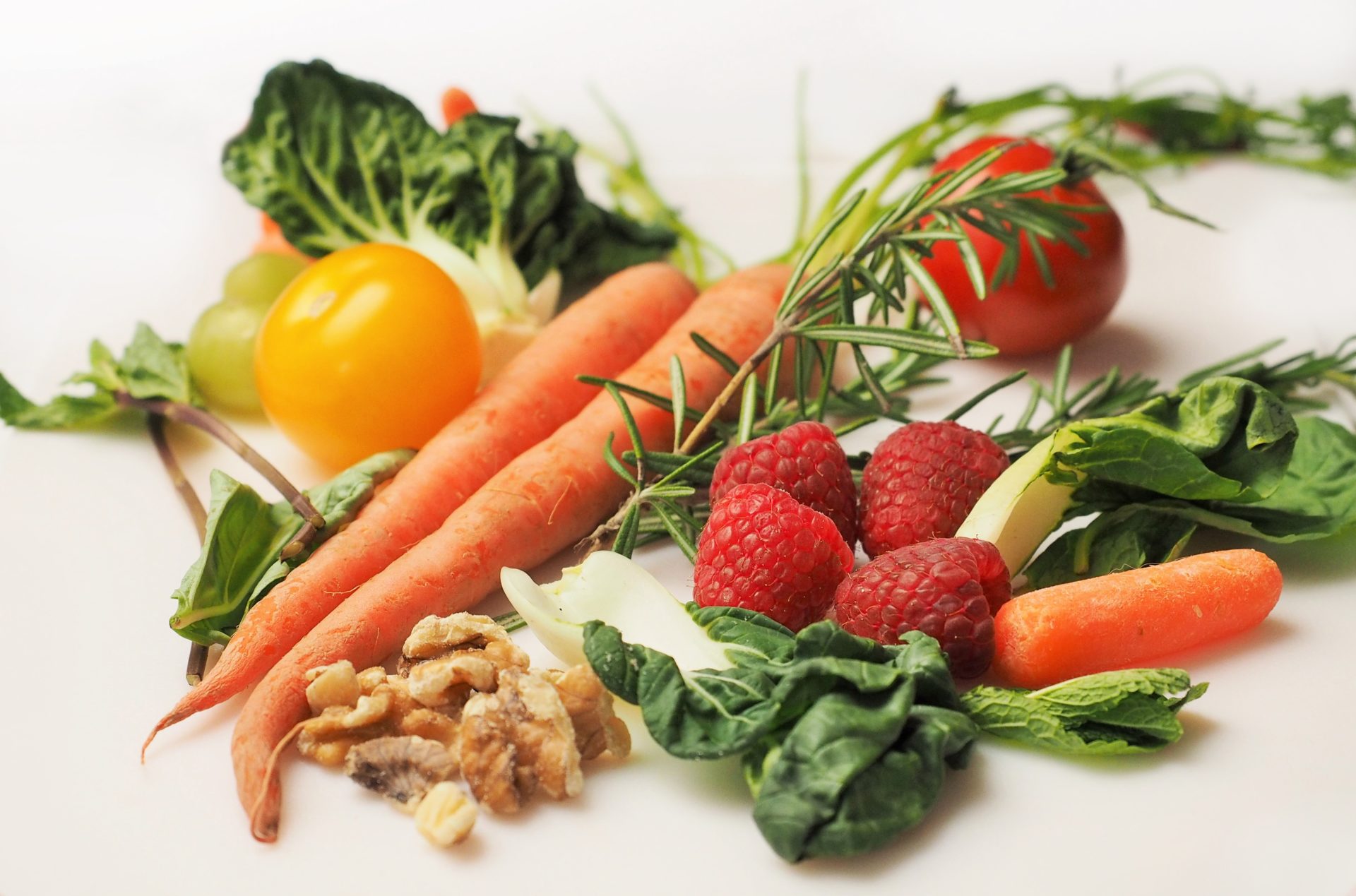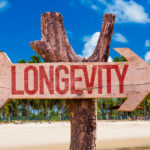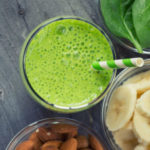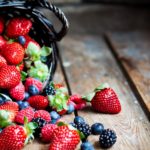Healthy eating is important through all age groups. It involves giving your body the right nutrients as well as maintaining a healthy weight hence, helping you stay active and independent even as you age. If you stick to the right diet and weight, you would end up spending less time at the doctors during your youthful and old age life. If you have no clue of what we’re talking about, then you need diet advice!
But the definition of healthy eating changes as you continue to age. For instance, as you age your metabolism becomes slower due to the less secretion of hydrochloric acid required for digestion. It translates into the intake of fewer calories. More importantly, you are to choose foods that would give you the best nutritional value at old age.
Know the Definition of a Healthy Plate
You may be accustomed to the food pyramid that gives you the building blocks of what a healthy plate looks like. A new unveiling by the United States Department of Agriculture (USDA) shows a simpler manner to help people see what they should eat on a daily basis. Known as my plate, it gives a simple graphic imagery of how the five food groups should be stacked on your plate.
Nutritional Diet Advice for Seniors
Meals for seniors should be rich in Omega3 fatty acids and calcium. The Omega 3 fatty acids help with reduction of inflammation which normally causes arthritis, cancer, and heart diseases. The nutrient is found in flaxseeds, canola oil, walnuts and different kinds of fish. Seniors are required to have meals with the nutrient at least twice a weak. Seniors can also have the option of getting omega 3 supplements from their doctors. Calcium facilitates healthy bones in old age people. It also helps in lowering blood pressure especially for seniors with hypertension.
Limit Salt Intake
High sodium intake is not good for seniors with hypertension. Seniors are advised to stay away from frozen, restaurant and processed foods because they have high levels of sodium. Some of the foods that are low in sodium include fresh and frozen vegetables and fruits, unsalted nuts and grains like brown rice and oats. Therefore, make sure to incorporate them into a senior’s diet.
Hydration
The composition of bodies of old age is more body fat and less water body content. To make it worse, seniors do not get thirsty but the body still requires the same amount of water as it used to when they were younger. The easiest way to check on a senior’s hydration is through their urine. If its dark, then their hydration levels are low.
Gradually change the diet as seniors are susceptible about dietary changes . It is also advisable to set your diet as an example to the seniors with the objective of not making them feel singled out as the old one. When you eat the same diet with them, the dietary changes will also not seem drastic to them.
Make use of these diet advice tips today!








